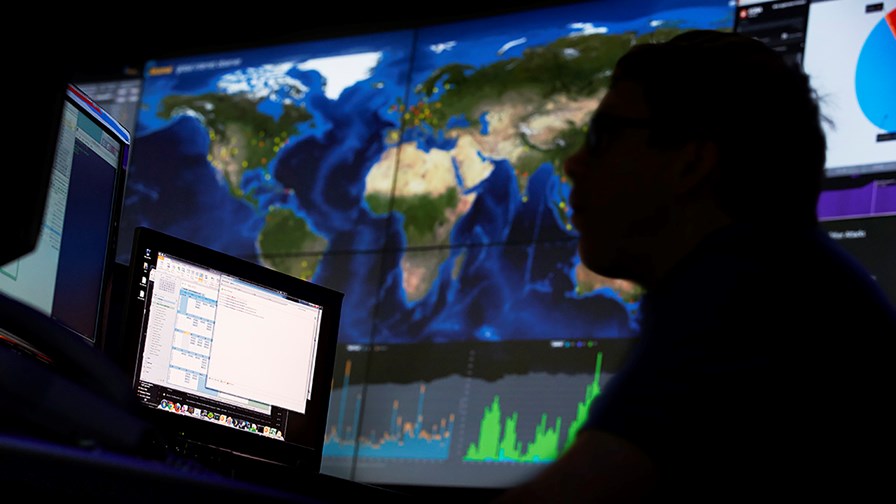
(c) Akamai
When you run the world's largest content distribution network, you have the equivalent of a stethoscope pressed against the beating heart of the global digital economy. Now that he’s done his rounds, Dr Akamai is able to say that most of the patients are doing very well.
Of course not everything passes across the Akamai network, but enough of it does to enable Akamai to slice and dice a good representative sample of global traffic and distil that into a meaningful set of rankings, and today the company released its latest ‘State of the Internet Report’.
As usual security - especially from DDOS attacks - is a big concern and to that end Akamai has acquired Prolexic, which it describes as a recognised leader in Distributed Denial of Service (DDoS) protection services. Like Akamai it does its own report - the quarterly Global DDoS Attack Report - which charts trends and changes in attack behaviour, all the better for companies to fight back.
DDoS Attacks
It used to be that the standard method of attack was the so-called “botnet infection” technique. The new approach favoured by the hackers is to ‘abuse’ Internet protocols on open servers or devices so that the Internet itself can become “a ready-to-use botnet for malicious actors.” Be very afraid.
But without doubt the meat of the Akamai report involves the country rankings. These seem to have acquired significant business and political status globally now: it matters where your country is in the rankings, although it’s always possible to dispute the methodology if you happen to lose. There’s so much to argue with (and who ordained broadband speed as the over-riding metric, anyway?)
“The way Akamai measures things means it’s not a straight-forward exercise,” says the Akamai report’s author, David Belson, speaking to TelecomTV in advance of its release.
“It’s very difficult to paint Europe as one entity, for instance, because there are just so many different factors at play in each of the nation states. Each has its own history, and I don’t think there is a clear line between speed and digital health - there are a whole plethera of factors that play into it,” he says.
“Speed changes in some countries might measure just 10 per cent while in others we’re seeing huge speed increases - up to 60 per cent. “
Who remembers IPv6? Yes, its need is still great and as a broad industry we’re still not where we should be.
But speed is the biggie, and here are the winners.
Connection Speeds
South Korea, as usual, took the gold medal on connection speed, but only got a silver for its Average Peak Connection Speed. But note the average performance change being far higher than any of the countries on the winners’ podium. It looks as though significant improvements are coming through for emerging and developing countries.
Mobile traffic is also growing fast. It increased by 70 per cent from the fourth quarter.
Email Newsletters
Sign up to receive TelecomTV's top news and videos, plus exclusive subscriber-only content direct to your inbox.




